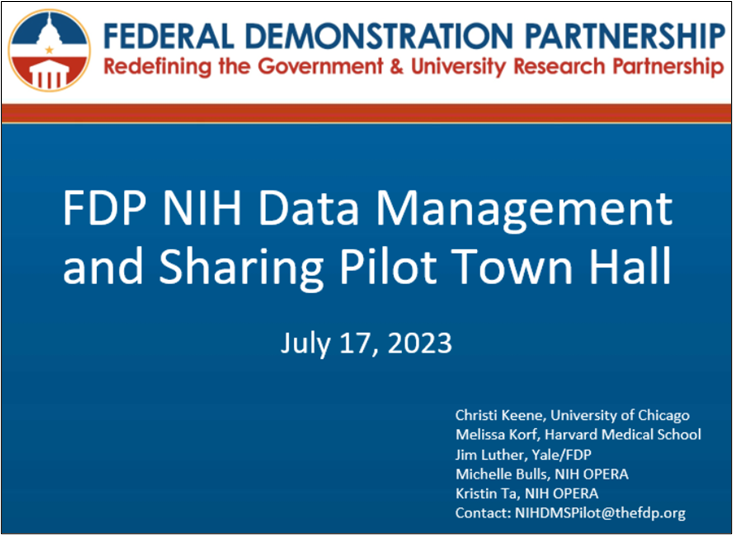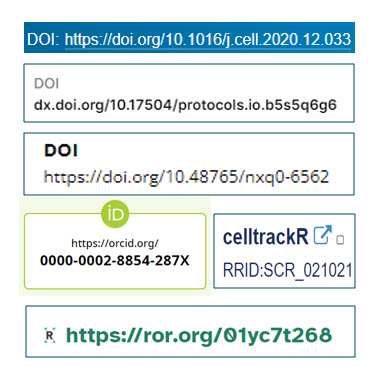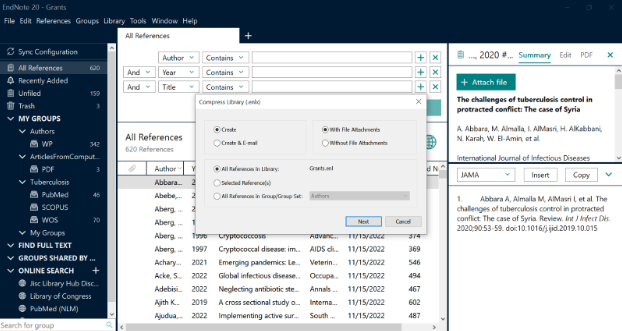Introducing the FDP NIH Data Management and Sharing Pilot
Are you working on a Data Management and Sharing (DMS) Plan for your NIH grant application under the 2023 NIH DMS policy (NOT-OD-21-013) and curious about the evaluation metric? Check out NIH’s ongoing pilot with DMS Plan templates Alpha and Bravo. The Federal Demonstration Partnership (FDP) NIH DMS Pilot, launched on March 1, 2023, is [Read more]






